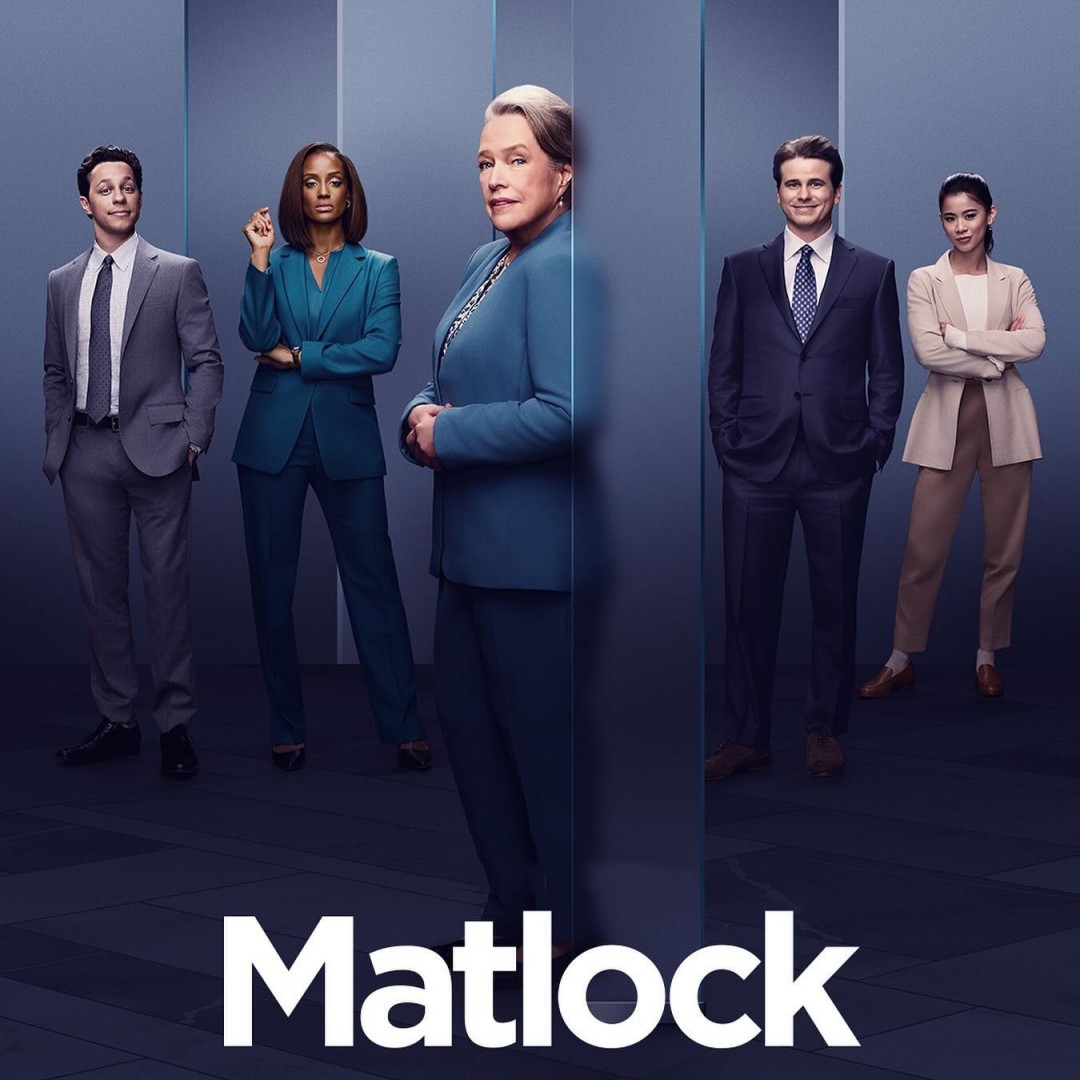Had "This Is Not a Drill," Oren Jacoby's (of "Sister Rose’s Passion" fame) latest documentary, premiered at the Telluride Film Festival last autumn, it would have showcased an exhilarating tale of three grassroots environmental warriors taking on Big Oil. It would have painted a picture of unwavering individual bravery and collective resolve in the face of deeply entrenched, well-funded adversaries. Regrettably, the documentary's Telluride debut did not materialize. Regardless of whether you are aware of the specific campaigns championed by these environmental crusaders, newspapers serve as a stark reminder that a well-heeled right-wing political movement, led by an unscrupulous and single-minded leader, can undo decades of incremental regulatory gains in mere months.

While Jacoby's film retains faith in its protagonists and the principles they uphold, it cannot ignore the reality of the second Trump administration. Initially poised as a snapshot of victory, the documentary has been appended with postscripts and footnotes, transforming it into a poignant portrayal of the precariousness of progress. While this new perspective is more realistic and fascinating, an 80-minute documentary completed within the administration's first eight months inherently struggles to do justice to such pragmatism. "This Is Not a Drill" is neither Pollyannaish nor naive, nor is it misplaced to maintain a glimmer of hope; what else can one do in such times? However, the resultant film feels hollow and under-explored, compounded by structural flaws that would have been problematic under any circumstances.
Set primarily in the early 2020s, "This Is Not a Drill" introduces us to three heroic figures. Justin J. Pearson, a recent college graduate still living at home, discovers his purpose when an oil company announces plans to build a pipeline through a historically Black, economically depressed neighborhood in Memphis. As the son of a teacher and a preacher, he spearheads a diverse coalition to oppose the pipeline and combat environmental racism. Even if you don't recall the pipeline saga, you may recognize Pearson as one of the three Tennessee House of Representatives members briefly expelled in 2023 for participating in a gun control rally.
Roishetta Ozane, a mother of six, relocated her family to Louisiana only to confront the devastating aftermath of multiple unprecedented hurricanes. As she ponders the connection between the oil refineries in her backyard and the storms, she embarks on a mission to educate herself and her community about climate change.
Sharon Wilson, a former oil industry worker in Texas, quit her job and moved to a rural part of the state. Soon, fracking swept the region. When her tap water turned black, Sharon became the industry's worst nightmare – a woman armed with a fancy infrared camera, a blog, a YouTube channel, and a mission to track methane emissions and raise awareness about their consequences.
Each of these three protagonists embodies a different form of activism. Justin is vibrant and passionate, cognizant of community power and willing to knock on doors to spread his message. Roishetta's insatiable curiosity is astonishing, as her transformation, even within the documentary's timeframe, is remarkable as she learns about lobbying and outreach. And then there's Sharon, furious, especially when she starts receiving death threats, leveraging the internet to disseminate her message beyond the oil companies' reach.
These Davids, facing the ultimate corporate Goliath, are interconnected in a broader sense but lack direct ties. Even in the rare instances where they protest together, Jacoby fails to bring them together seamlessly. Their stories remain distinct, intercut in ways that blur the passage of time without building momentum. Environmental racism, central to Justin's advocacy, plays a lesser role in Roishetta's narrative and barely registers in Sharon's, making it challenging to craft a cohesive argument.
Perhaps recognizing the disjointed nature of the narratives, Jacoby introduces a secondary thread featuring Rockefeller heirs, the polar opposite of Davids, using their immense wealth to fund underdog causes. However, these Rockefeller heirs fail to emerge as fleshed-out characters, and the documentary is vague about whether they financially support all three heroes or none. Every minute spent on them takes away from Justin, Roishetta, and Sharon.
In the final 20 minutes, Al Gore appears to lend his endorsement, primarily for Justin's anti-pipeline efforts, stating, "It has fallen to the grassroots activists to speak up with the voice of sanity." The documentary conveys this point effectively without Gore's explicit endorsement.
And then there's the stark reality of 2025 and mass deregulation, which the documentary cannot deny nor fully engage with.
